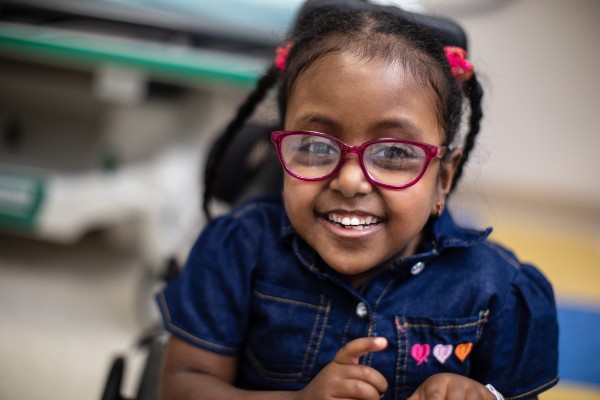Treatment
Pediatric Bowel Lengthening Surgery: Bianchi and STEP
What You Need to Know
We may recommend a bowel lengthening procedure for children with short bowel syndrome (SBS). Children with short bowel syndrome cannot absorb the necessary nutrients and fluids and often need to receive total parenteral nutrition (TPN, or intravenous feeding).
About this Treatment
Bowel Lengthening Procedures at Children’s National Hospital
Surgical Procedures for Bowel Syndrome: Bowel Lengthening and Ostomy in Continuity
Bowel Lengthening and Ostomy in Continuity
Meet the Providers of Bowel Lengthening Surgery: Bianchi and STEP
Departments that Offer Bowel Lengthening Surgery: Bianchi and STEP

Intestinal Rehabilitation Program
Our nationally renowned team members have dedicated their careers to treating children with intestinal failure. We offer a precise diagnosis, a personalized treatment plan, and ongoing care for children and families. Learn more about our program.

Help Kids and Make a Difference
Invest in future cures for some of life's most devastating diseases. Give today to help more children grow up stronger.








